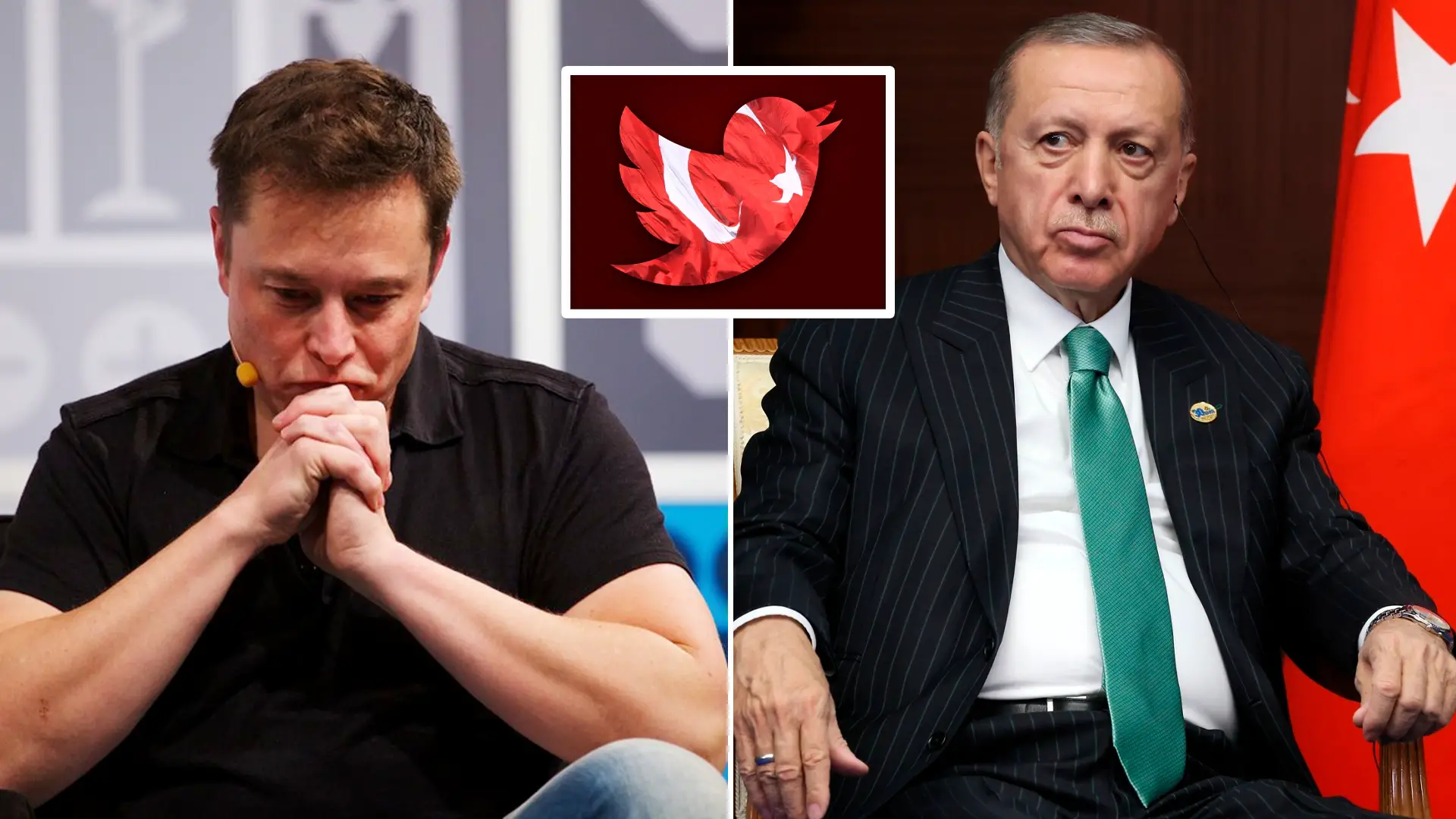In the annals of social media history, Twitter has been a beacon of hope, a digital safe haven for anti-regime voices battling authoritarian rule. From Arab Spring activists to Russian dissidents, Twitter’s 280-character limit posts have had a profound impact far beyond their succinct nature. However, under its new stewardship – tech maverick Elon Musk – Twitter is charting a controversial new course, one that is causing ripples of dissent among free speech advocates.
Recently, Turkey, on the cusp of a contentious election, served as the stage for Twitter’s contentious new policy. The social media platform, at the behest of President Recep Tayyip Erdogan’s government, blacked out select content within the nation. The move was seen by many as a concession to government censorship, an attempt by Erdogan, who has held power for two decades, to muzzle the opposition and curtail its online visibility.
The news came to the forefront when Matthew Yglesias, a Bloomberg columnist, took to Twitter to voice his concerns. Yglesias, a noted critic of Musk’s handling of Twitter, was met with a direct response from the CEO himself. “Have you lost your mind, Yglesias?” Musk fired back. “The choice was between shutting down Twitter completely or limiting access to some tweets. What would you have done?”
Did your brain fall out of your head, Yglesias? The choice is have Twitter throttled in its entirety or limit access to some tweets. Which one do you want?
— Elon Musk (@elonmusk) May 13, 2023
This sharp shift in policy contrasts starkly with Twitter’s previous management, which had frequently sparred with Erdogan’s government over similar issues. During previous confrontations, Twitter stood firm in its commitment to free speech, refusing government requests to block feeds of certain newspapers deemed unpopular by the regime.
So, what has prompted this change of heart at Twitter? Why is Musk, a figure often associated with disruption and innovation, apparently veering towards capitulation?
The answer may be rooted in pragmatism. In the face of a potential complete shutdown in Turkey – a nation of nearly 82 million people – Twitter’s new management may have opted for a partial blackout as the lesser of two evils. Musk’s response suggests a realpolitik approach to the issue, one that weighs the trade-offs between total silence and a modicum of accessibility.
However, critics argue that this new approach sets a dangerous precedent. By ceding to Erdogan’s demands, they fear Twitter is legitimizing state-sponsored censorship. This could potentially embolden other authoritarian regimes to demand similar concessions, threatening the very essence of what Twitter and other social media platforms stand for.
This unfolding scenario raises deeper questions about the role of social media platforms in the global political landscape. Are they mere service providers, or do they bear a moral responsibility to uphold free speech and resist government censorship? The answer to this question is complex, mired in the intricacies of geopolitics, business interests, and human rights.
Under Elon Musk, Twitter is entering uncharted waters. His pragmatic approach to dealing with government censorship is a sharp departure from the platform’s past stances. Whether this will be a long-term policy or a temporary compromise remains to be seen.
In the end, the true test will be how Twitter navigates this new path while maintaining its commitment to freedom of expression. After all, its power and relevance lie in its ability to give a voice to the voiceless, providing a platform where, in the face of oppression, 280 characters can echo around the world.

